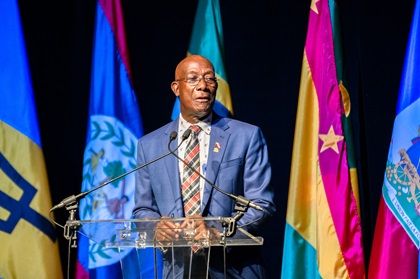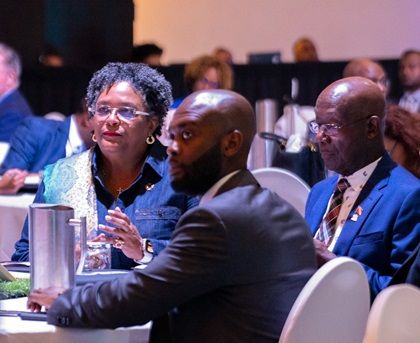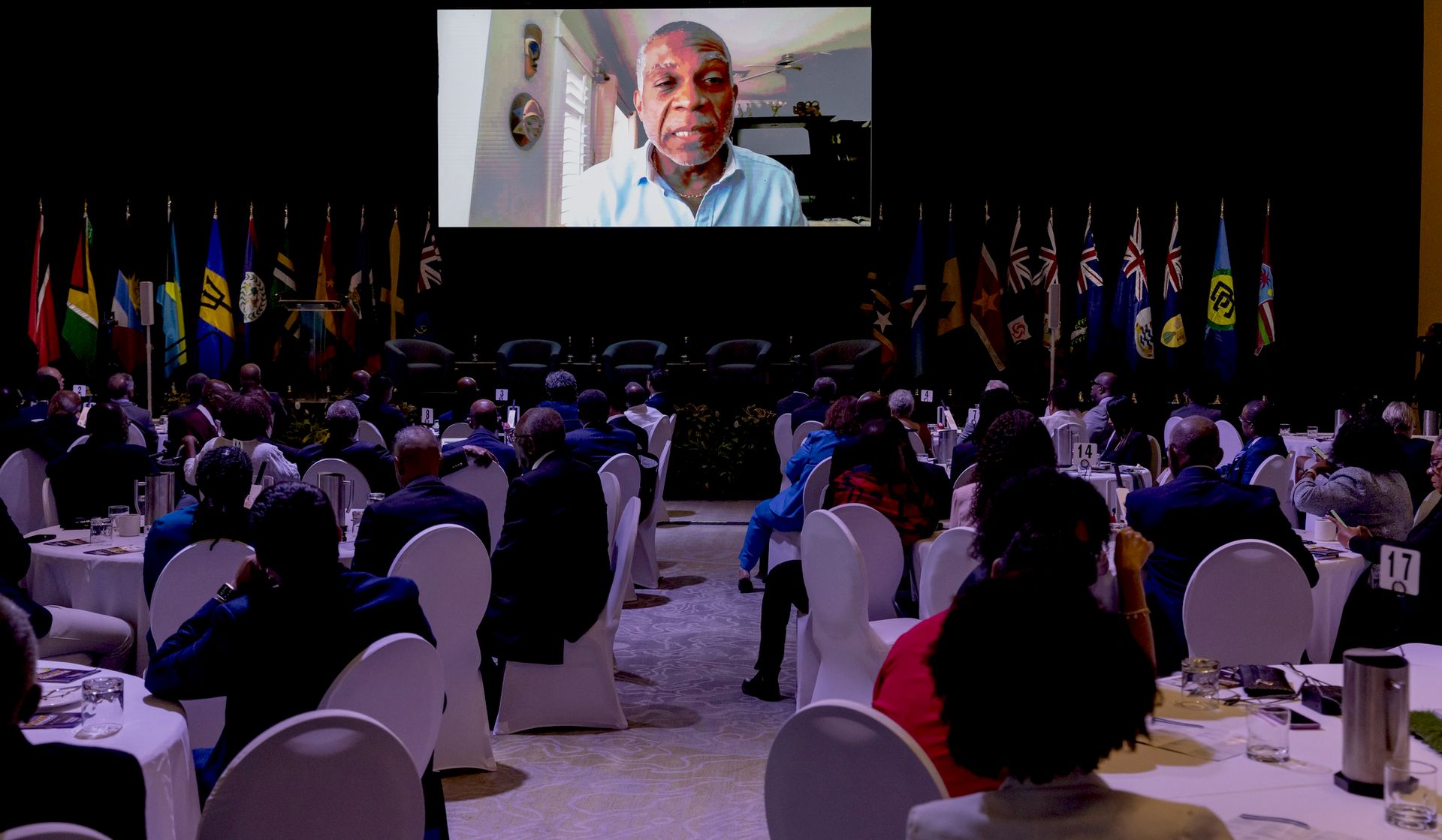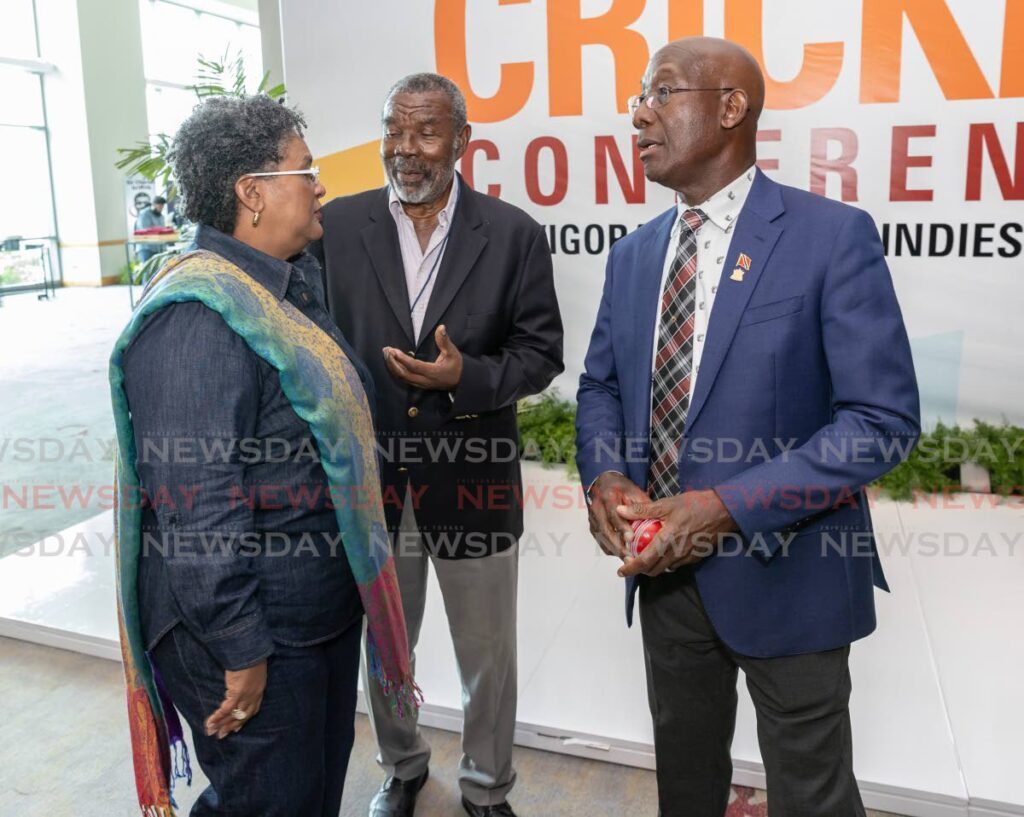CRICKET
CRICKET | Trinidad and Tobago Cricket Board
| SPORT | CRICKET |
| AFFILIATE | Trinidad and Tobago Cricket Board |
| PRESIDENT | Azim BASSARATH |
| SECRETARY | Surujdeth Mahabir |
| CONTACT | (868) 636-4745 |
| FAX | (868) 679-4638 |
| MAILING ADDRESS | National Cricket Centre, Clifford Roach Drive, Balmain, Couva |
| info@ttcb.co.tt | |
| WEBSITE | www.ttcricketboard.com |






